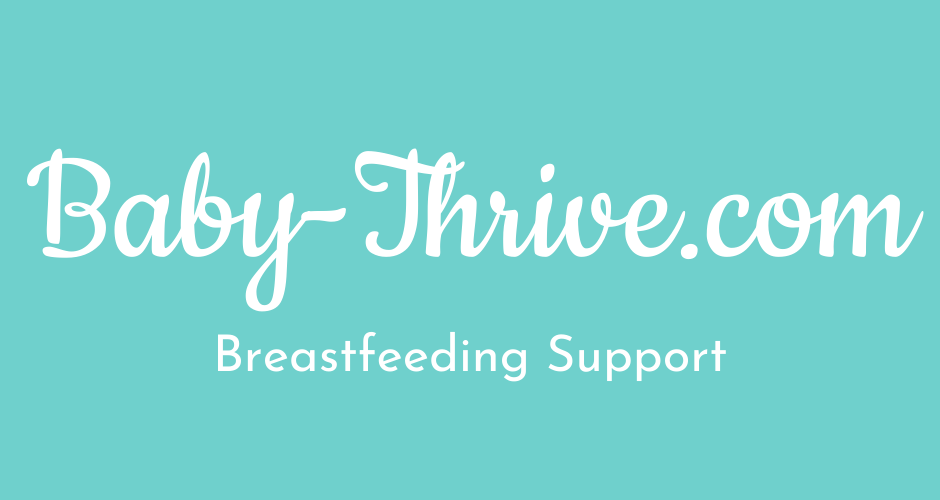What might a routine look like at 6 months old?
When is the right time to introduce a routine?
Before I was at Lactation Consultant, and before I was a mother, I was a nanny for 20 years working in London, Sussex, Australia and America. I looked after lots of babies from newborn and especially during their first year or two. In my experience, after babies are six months old, I feel it is easier to gently manipulate them into a routine. I don't actually think that first foods particularly fill them up, but these meal times do somehow bring certain amount of rhythm to the day. Maybe it's developmental, babies, this age do seem to start having more predictable habits.
Some suggestions for beginning a routine after 6m:
The first step is to observe their current patterns (there are lots of apps which are very useful for this). You may begin to notice habits and rhythms, even if times are not consistent. You might notice how long your babies sleep cycle is, commonly 20 to 40 minutes. You may also begin to notice what is a "danger nap" (this means when a baby has a nap too long or too late in the day and won't go to bed for ages)!
So, from around seven months, here is an example of how a day often goes:
6-7am, Baby wakes up, might have a milk feed. Some people wake their babies with a clear routine, open the curtains & a cheerful “hello”!
Babies are often really happy and easy-going at this stage in the day so I definitely recommend getting doing whatever helps you feel ready for the day, some families prefer to get chores done or make time to catch up on messages on your phone whilst drinking coffee. Let baby sit in the bouncy chair on the bathroom floor while you get ready or watch the washing machine go round & round while you unload the dishwasher & chat with them.
You may find if your baby is an early waker, for instance if they wake up at 6 am. They may need a very small sleep in the morning. Maybe they would sleep for 10 or 15 minutes at 9 am or on the way to your baby activity.
930/10am activity such as rhyme time at the library or mum n baby yoga, visit Granny etc
Many babies will stay awake as they will find this experience, very stimulating.
Finish activity at 10:30 or 11:30…
At this point to ideally walk with the pram with the seat facing you, or you use public transport, so you can give your baby, a large snack or a meal whilst walking or riding and chatting.
You are trying to keep the baby awake - you may even find that you have to take them out of their pram and carry them for the last bit of the journey, chat, sing et cetera to keep them awake.
This may be a rather small or rather early lunch, and don't worry! It will gradually get later. They may need a big snack when they wake up.
When you get the baby home, maybe it's 1130 or noon, they may begin to fall asleep in the pram and you can bring the pram into the house and keep them in it, but ideally you bring them to their bed and help them settle down by whatever method works for you. At this stage, you may get a longer nap. If your baby is in the habit of waking after half an hour or 40 minutes, this is probably because they are struggling to link sleep cycles, you may well be able to help him with this by anticipating their wake up time and making sure that you are close to them. It might be helpful to try and hush them, pat them, rock them et cetera to get them back into the next sleep cycle. Habit stacking can help - more on this later!
In the afternoon you ideally try to fit in some time spent in natural light and some fresh air (though this can be unappealing in the winter in London)! There should be age-appropriate physical activity - dancing, tickling, maybe a door bouncer, tummy-time etc
Some babies, then need another sleep later in the day, maybe just 20 minutes or less at 5pm.
Bedtime may become later!
Would you would like me to visit you at home to support caring for your baby?
Please see the home visits info (here).
Sally

